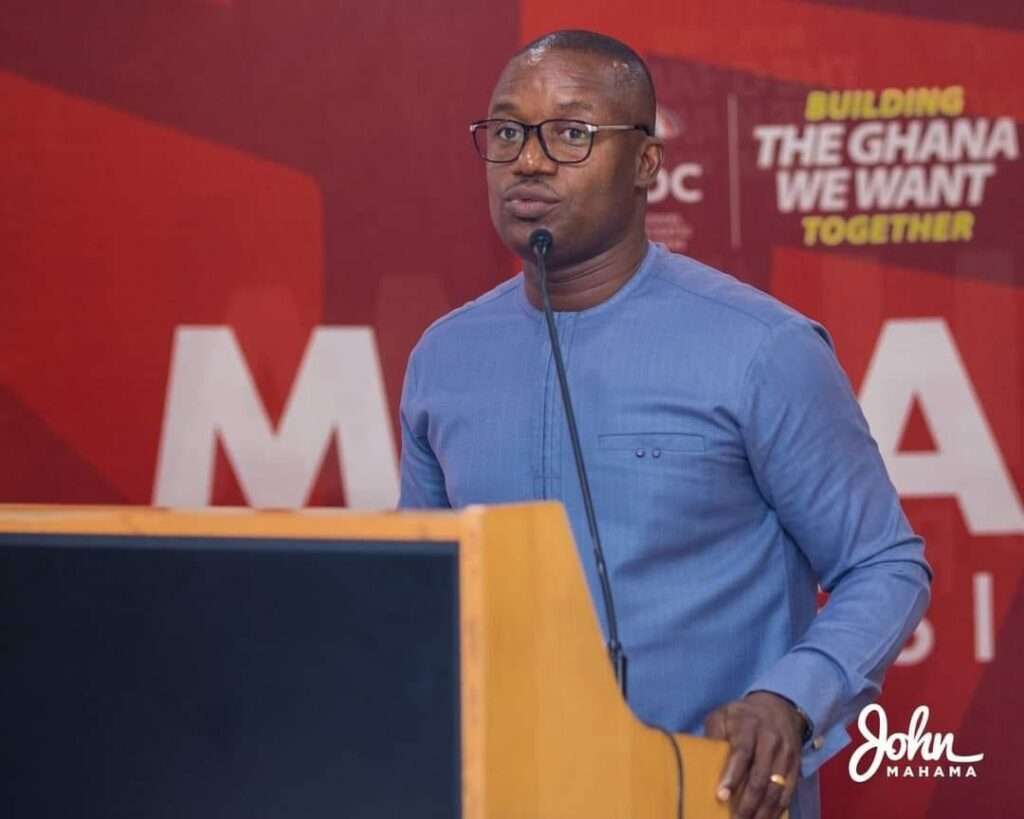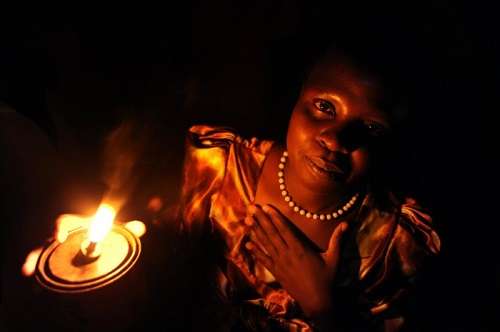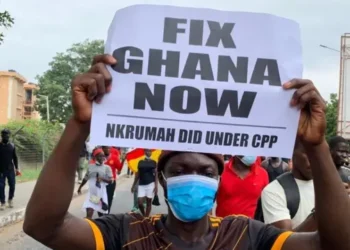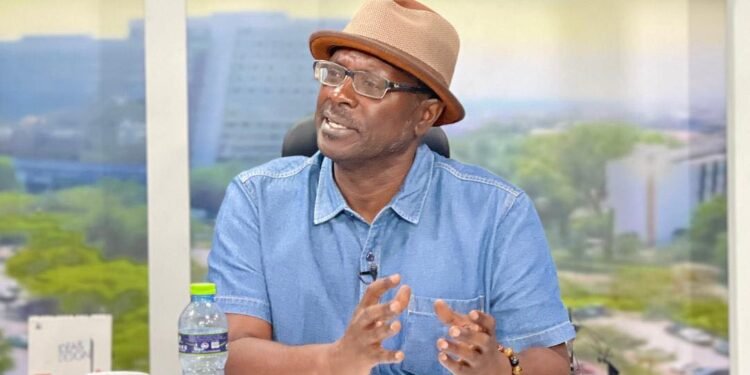Ghana’s power sector is once again under strain, with prolonged outages affecting several areas across the country. The Ghana Grid Company (GRIDCo), the primary entity responsible for power transmission in Ghana, recently confirmed that it is unable to meet the electricity needs of the Electricity Company of Ghana (ECG).
According to GRIDCo, a primary factor in the power shortfall is a lack of gas to fuel the country’s thermal power plants, coupled with escalating debt and financial constraints within the energy sector.
Hon. John Jinapor, a member of Parliament’s Energy Committee, confirmed that GRIDCo has been shedding load over the past week, with prospects of worsening conditions due to these ongoing fuel supply issues.
Jinapor explained that two critical factors contribute to the current crisis: the rising cost of fuel and Asogli Power Plant’s recent shutdown. Asogli’s contribution of over 500 megawatts (MW) was essential for maintaining power stability, and its absence has left a significant shortfall.
“The combined effect of these unfortunate situations has led to a significant reduction in the supply of power, culminating in what we now refer to as load shedding or ‘dumsor,” Jinapor stated.
The situation, Jinapor warned, is moving Ghana closer to prolonged load-shedding periods if immediate actions are not taken.
To compensate for the gas deficit, the government has been purchasing light crude oil at a monthly cost of around $40 million. However, current financial limitations have prevented the government from maintaining this arrangement, causing a shortage of light crude oil.
As a result, several power plants are unable to operate at full capacity, despite being technically available, leading to inadequate power generation to meet domestic demand.
Shutdown of the Asogli Power Plant

In addition to the fuel shortage, the shutdown of the Asogli Power Plant — which provides over 500 megawatts of power — has further aggravated the crisis. The Asogli plant halted operations due to financial difficulties, creating a substantial shortfall in power supply.
Hon. Jinapo highlighted that this combined effect of fuel scarcity and the Asogli shutdown has reduced Ghana’s available power supply, making load shedding inevitable. He suggested that the government’s intervention could bring about a temporary resolution.
“Firstly, the President must intervene and plead with Asogli to turn back their power plant. But that can only be done if some significant payment is made to Asogli.
“Because as a stance, they have indicated that they cannot operate because of financial difficulty.”
Hon. John Jinapor, Member of Parliament’s Energy Committee
Hon. Jinapo further noted that the government must find some money so they can procure some light crude oil. But going forward, it means that the next government must ensure that we really accomplish a gas to power era that we all envisage.
Escalating Debts and Non-Payment Issues
The financial instability in Ghana’s energy sector extends beyond immediate fuel costs. The Ministry of Finance owes approximately $2.2 billion to various power suppliers and stakeholders.
Much of this debt stems from the government’s outstanding payments for power consumed by Metropolitan, Municipal, and District Assemblies (MMDAs).
Due to the lack of payments, key gas suppliers, such as ENI, have reduced their supply to Ghana, resulting in service withdrawals and a $500 million reduction in letter of credit guarantees. This situation has created a domino effect, impacting other critical stakeholders in the energy sector.
Similarly, Car Power, another power provider, has also drawn down on its $170 million letter of credit with Ghana’s government, further limiting power supply options. The lack of consistent payments to power companies has left Ghana’s power sector in a precarious position, with many stakeholders expressing concerns about the potential collapse of the sector.
Hon. Jinapo warned that the energy sector is on the “verge of collapse” and that the current government has been relying on temporary, or “palliative,” measures to address these problems rather than implementing long-term solutions.
“The truth is that the sector is crumbling with debt mounting. So, technically, Ghana is in default. And my worry is that the energy sector is on the verge of collapse.”
Hon. John Jinapor, Member of Parliament’s Energy Committee
The current power crisis in Ghana underscores longstanding vulnerabilities within the country’s energy sector. Fuel shortages, escalating debt, and unpaid obligations have left the sector teetering on the brink, while citizens endure frequent outages reminiscent of the “dumsor” era.
Hon. Jinapo’s warnings and GRIDCo’s admissions highlight the urgency of immediate action to prevent a full-blown energy crisis. For Ghana’s power sector to stabilize, both immediate and long-term solutions are necessary, requiring substantial financial resources and strategic policymaking to ensure reliable power supply for the future.
READ ALSO: Haigh’s Bus Fare Cap Victory Limits Future Price Hikes





















